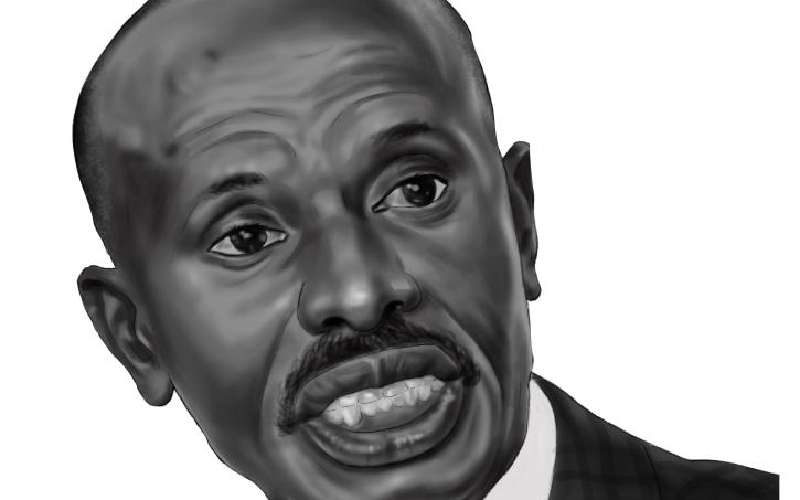×
The Standard e-Paper
Fearless, Trusted News

Trade unions’ concerns are not usually considered top-tier issues in Kenya's election campaigns. Workers’ issues tend to get overshadowed by other matters where candidates have intense interests in like defence, national security, economic affairs and probably, healthcare and infrastructure.